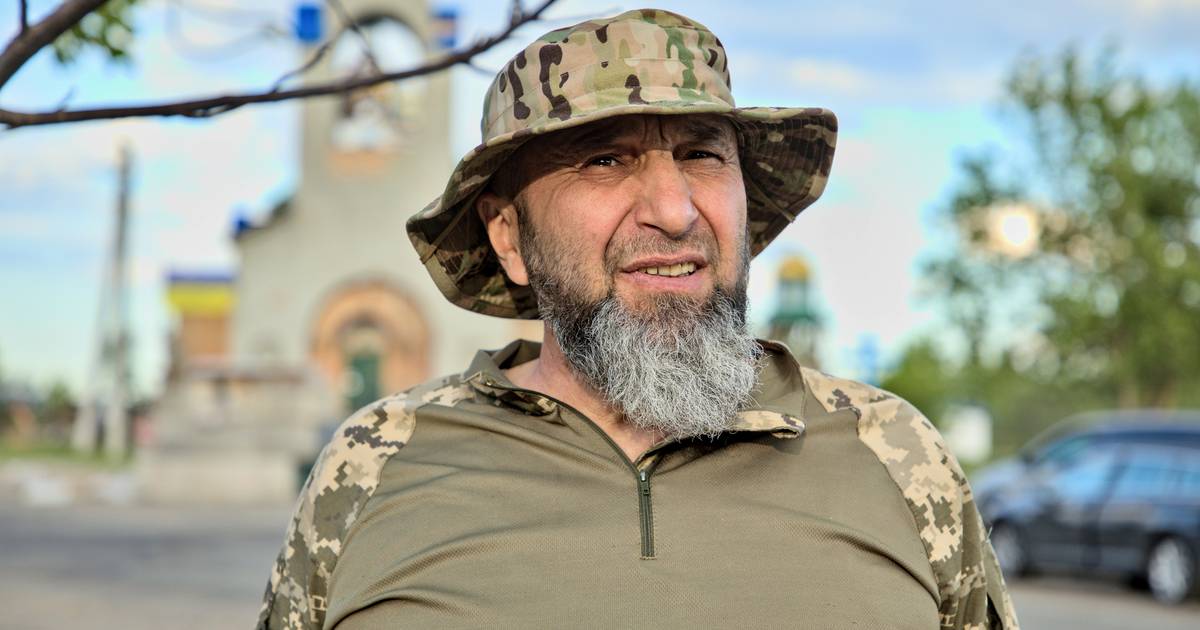As the second anniversary of Moscow’s full-scale invasion approaches, the Crimean Tatars are reflecting on the Kremlin’s occupation of their homeland a decade ago. Many are pondering the eventual return to the Black Sea peninsula.
Back on February 27th, 2014, Russian soldiers, heavily armed and without insignia, initiated operations to take control of Crimea’s regional parliament, Ukrainian military bases, and other key sites. They masqueraded as local self-defense volunteers, as dubbed by Moscow.
This move by Russian president Vladimir Putin was a reaction to the Maidan revolution which had concluded a week earlier in Kyiv. The revolution resulted in a triumph for substantial reformist, pro-western, and anti-corruption protests, leading to the escape of Ukraine’s Kremlin-backed leader Viktor Yanukovich to Russia via Crimea.
The annexation of Crimea by Russia on March 18th, 2014, was justified through a rigged referendum overseen by “little green men” – Russian soldiers. The referendum results, claiming 97% approval with an alleged turnout of over 80%, were widely seen as deceptive as the Crimean Tatars and ethnic Ukrainians boycotted the vote en masse.
The Crimean Tatar community, depicted in an image with the Ukrainian flag in Bakhchisarai on March 14th, 2014, just before the questionable referendum to join Russia, has faced immense challenges since the annexation.
The history of the Crimean Tatars is marred by exile and suffering, notably when the entire community was forcibly deported by Stalin seventy years ago. Many perished during the harsh journey and initial years in Central Asia and Siberia. It wasn’t until the late 1980s that Crimean Tatars were permitted to return home, only to encounter hostility from settlers, predominantly Soviet servicemen and their families.
Isa Akayev, a Crimean Tatar born in exile, returned to Crimea in 1989. Following the annexation, he relocated to Kyiv and established the Krym battalion comprising mostly Crimean Tatars and Russian Muslims opposed to Putin. Akayev reflects on the missed opportunity for Kyiv to defend Crimea and acknowledges the inevitability of Russia’s aggressive actions.
The plight of Crimean Tatars has worsened post-annexation, with Russia attempting to suppress their political voice through intimidation and arrests. The community has seen a significant exodus from Crimea, with estimates suggesting around 70,000 Crimean Tatars have left since the annexation.
Alim Aliyev, a Crimean Tatar residing in Kyiv, highlights Russia’s systematic efforts to alter Crimea’s demographics through settlement colonization. He stresses the importance of preserving Crimean Tatar culture and history, especially in the face of Russian propaganda in local schools.
Despite the challenges, there is a resilient hope among Crimean Tatars for a future return to Crimea. The road to reclaiming their homeland is seen as a prolonged struggle, requiring both political maneuvering and potential military action. The endurance of the community reflects a deep-rooted determination to see Crimea liberated from Russian control.
